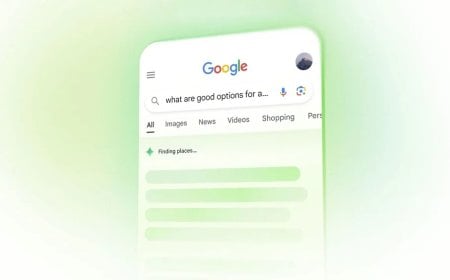Facebook Fortification: Fostering Foolproof Security

For many, the internet has become synonymous with social media, particularly Facebook, where netizens spend most of their time. In expressing their feelings, users often share personal information, photos, and videos, or exchange them with others. Therefore, enhancing Facebook security is critically important. To protect personal data, accounts, and communications from hackers or malicious actors, several key strategies must be adopted.
First and foremost, Facebook passwords must be strong. “Using a complex, robust password of at least 12 characters, incorporating uppercase (A-Z), lowercase (a-z), numbers (0-9), and special symbols (!@#$%), rather than a simple password, significantly increases security. Do not reuse the same password across accounts, and avoid saving it in browsers,” experts advise.
Next, activating two-factor authentication strengthens security further. Users should enable 2-step verification through Facebook settings, using either SMS codes, an Authenticator App, or a security key.
Privacy settings should also be configured to limit post visibility to “Friends only” and personal profile information, such as email, phone number, and address, to “Only Me.” Control over friend requests and tagging settings is also recommended.
“Enable login alerts so that notifications or emails are sent whenever someone logs in from a new device,” the guidelines suggest. This can be done via Settings → Security → Get alerts about unrecognized logins.
Trusted contacts should be designated to assist in account recovery in case of an emergency or account lockout. Additionally, unfamiliar devices should be logged out by navigating to Settings → Security and Login → Where You’re Logged In and signing out from any unrecognized devices.
Users should avoid clicking on unknown links, videos, or apps, and never log in through fake apps or websites, as this can compromise account security. Keeping browsers and the Facebook app updated reduces phishing risks. Auto-login should be disabled on public computers or devices. Facebook’s security check-up tools allow users to review and repair account security with a single click.
For extra caution, “Avoid logging in over public Wi-Fi, never share passwords, do not respond to suspicious emails, and verify Facebook emails via [email protected],” experts advise.
By following these measures, users can better safeguard their digital presence and ensure a safer social media experience.








































































































































































































